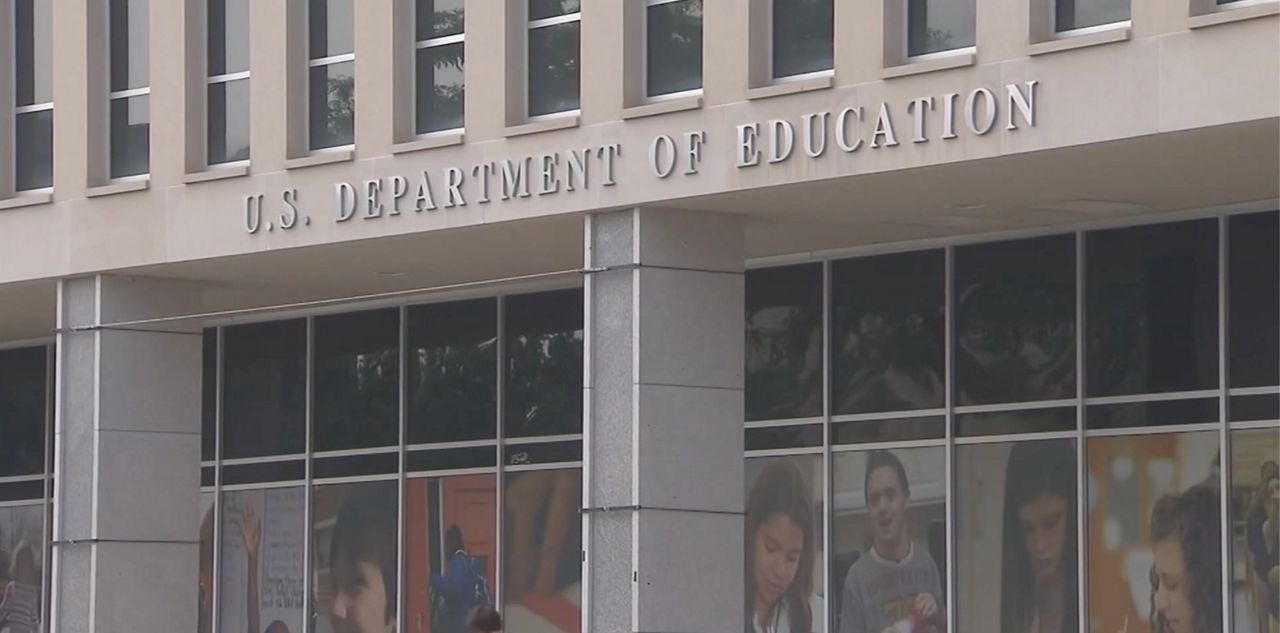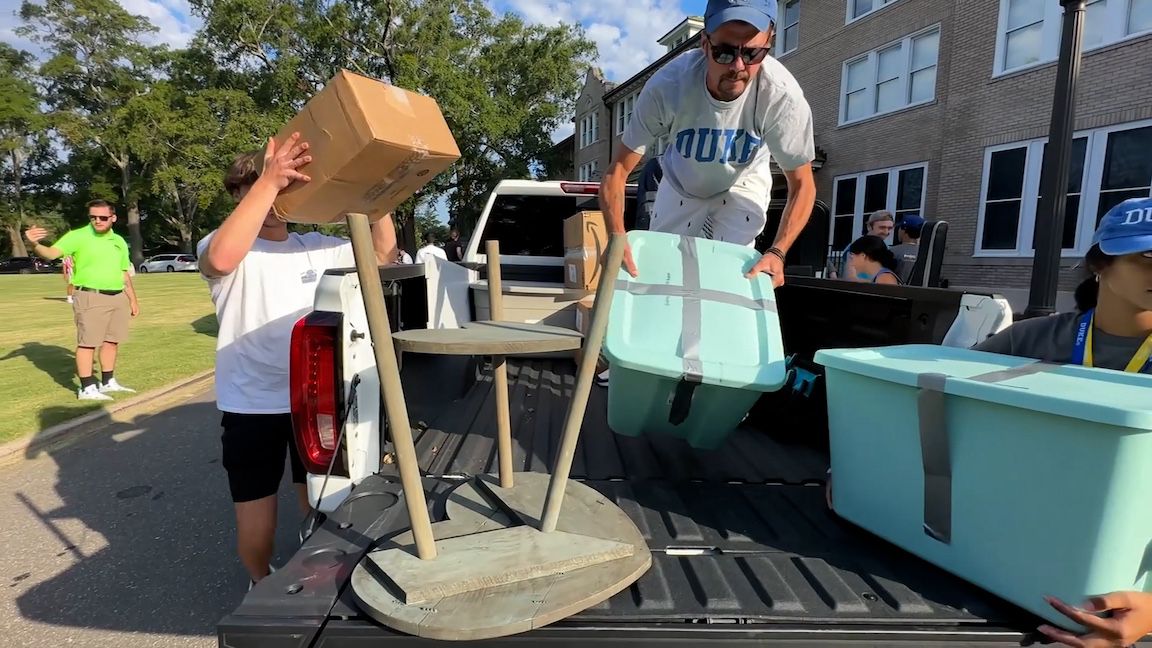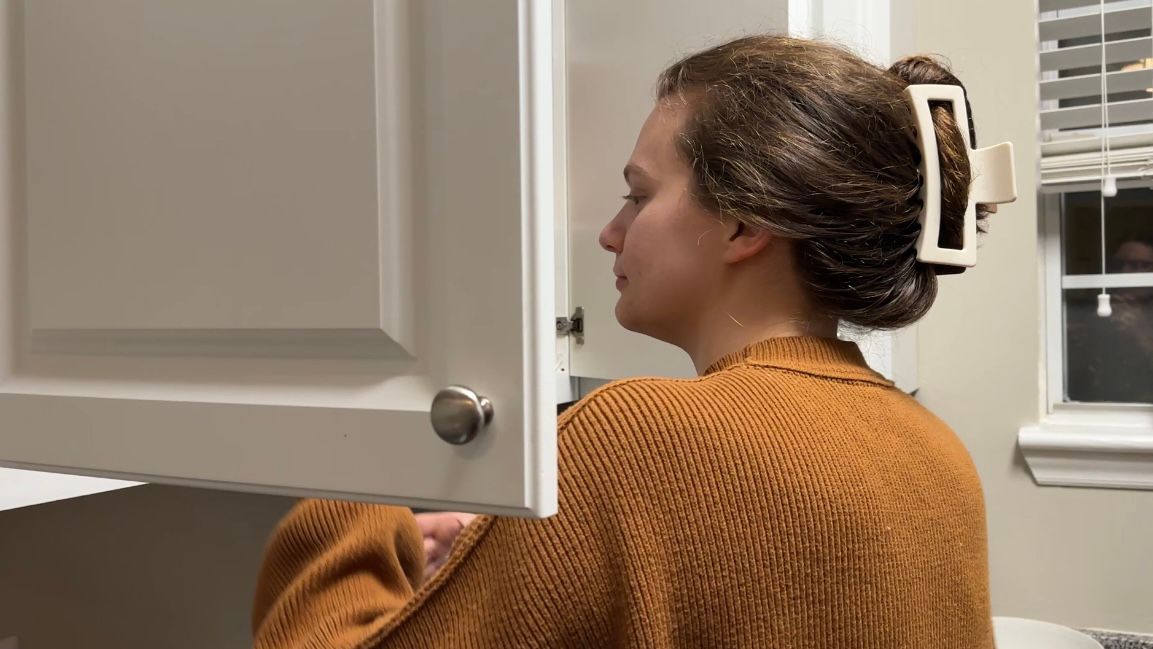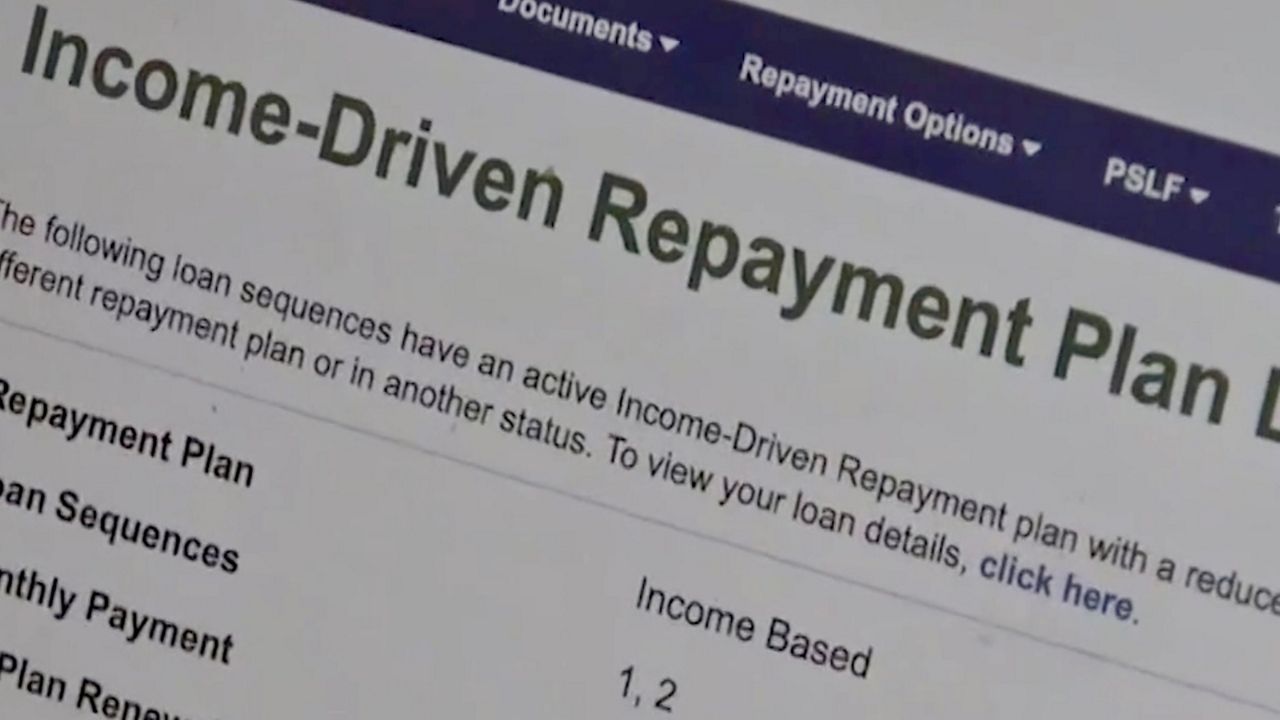After a three-year pause, the U.S. Department of Education announced student loan payments will be due again in about a month, making a perfect opportunity for scammers to swoop in and make promises they can’t keep, all at your expense.
The Better Business Bureau says it has received multiple reports related to student loan repayments.
BBB president and CEO Tom Bartholomy says don’t fall for tricks that use today’s news to lure you in.
“There’s been so much [news] about the pause is over, but hey, there might still be some student loan forgiveness," he said paraphrasing what scammers say. “So, this is causing some confusion in the market, and that’s what scammers love.”
He says they’re either promising to wipe your slate clean or allow you to avoid paying as much as you owe when all is said and done. But the most obvious red flag is having to pay for a service that should be free.
“The money’s going the wrong way,” he said. “They’ll say, 'There’s an application process and there’s a fee, but we guarantee we’ll be able to get this debt erased for you.’ Unfortunately, people are taking that bait and sending in $700, $800 and even more than $1,000 to put this alleged application through that turns out to be nothing but a scammer.”
Bartholomy recommends going directly to the source to learn about loan consolidation and payment plans: your loan provider. Never pay for a “free” government program, and be wary of unsolicited phone calls and friend referrals.









